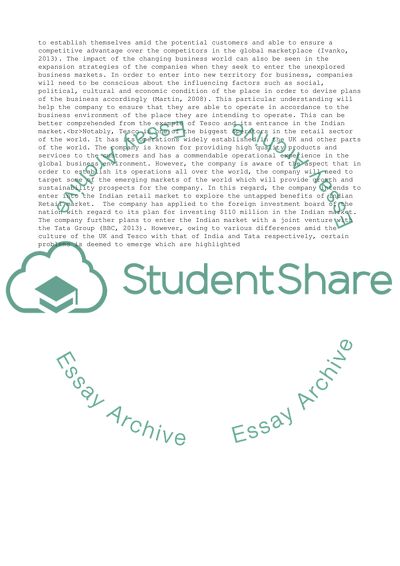Cite this document
(Not Found (#404) - StudentShare, n.d.)
Not Found (#404) - StudentShare. https://studentshare.org/business/1822781-tesco-in-india
Not Found (#404) - StudentShare. https://studentshare.org/business/1822781-tesco-in-india
(Not Found (#404) - StudentShare)
Not Found (#404) - StudentShare. https://studentshare.org/business/1822781-tesco-in-india.
Not Found (#404) - StudentShare. https://studentshare.org/business/1822781-tesco-in-india.
“Not Found (#404) - StudentShare”. https://studentshare.org/business/1822781-tesco-in-india.


